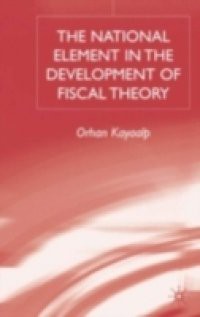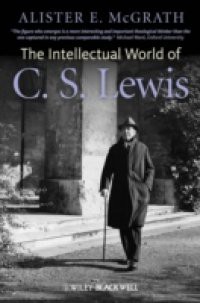The study of the works of classical British, German, Italian, Austrian and Swedish fiscal theorists reveals that the spectacle of the public economy beheld by each author was greatly influenced by the particular array of historically-determined considerations traceable to the author's own national heritage. These normative influences continue to colour much of today's fiscal-theoretic discourse, notwithstanding the positive backdrop against which the theorizing in usually cast. These arguments highlight an important characteristic of fiscal theorizing: government economic activity takes place not in the rarefied venue reserved for Economic Beings, but in an arena bustling with political, social, ethical, historical, legal and behavioural considerations influencing taxpayers' and tax collectors' conducts. Fiscal theorists naturally draw upon these variables and fashion their models of the public economy along these discussions. What remains to be seen is whether these constructs can be brought under the roof of a unified fiscal theory.

















